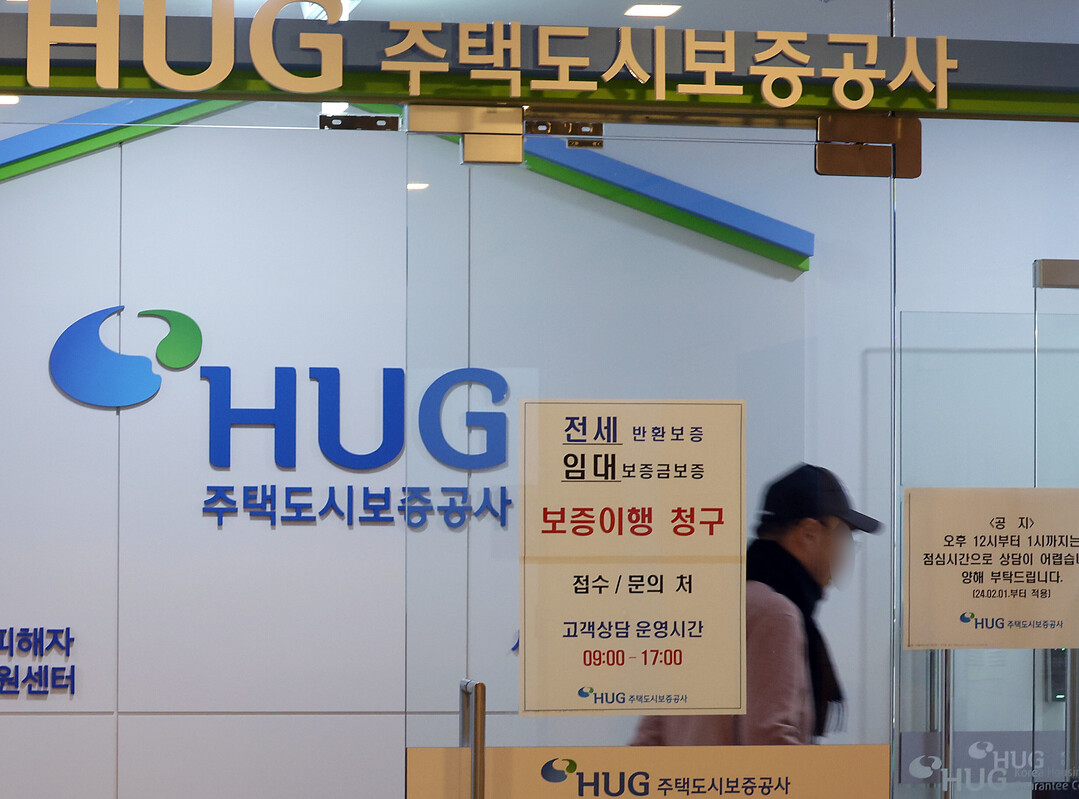
Seoul, South Korea – The outstanding balance of policy-based finance provided by South Korea's public financial institutions reached a record high of 1,868.4 trillion won (approximately US$1.4 trillion) as of the end of last year, according to data compiled by the National Assembly Budget Office.
Policy-Based Finance on the Rise
Policy-based finance, which includes loans, guarantees, insurance, and investments provided by government-backed financial institutions, has been on a steady rise in recent years. The growth rate slowed down to 4.8% in 2023 compared to the double-digit growth rates seen during the COVID-19 pandemic.
Loans and guarantees accounted for the largest portion of policy-based finance, totaling 1,676 trillion won. Among the various types of policy-based finance, guarantees were the most significant, with the Housing & Urban Guarantee Corporation (HUG) accounting for 60.6% of the total guarantee balance.
Concerns Over Unregulated Policy-Based Finance
While policy-based finance is essential for supporting economic growth and social welfare, concerns have been raised about its potential to contribute to household debt. Some experts argue that the rapid growth of policy-based finance, particularly in areas where regulations such as the debt service ratio (DSR) are not strictly applied, could exacerbate the issue of household debt.
Balancing Act
Kim Byung-wan, the chairman of the Financial Services Commission, acknowledged the need to slow down the growth of policy-based finance but emphasized the importance of striking a balance to ensure that low-income households continue to have access to affordable housing and rental options.
[Copyright (c) Global Economic Times. All Rights Reserved.]






























